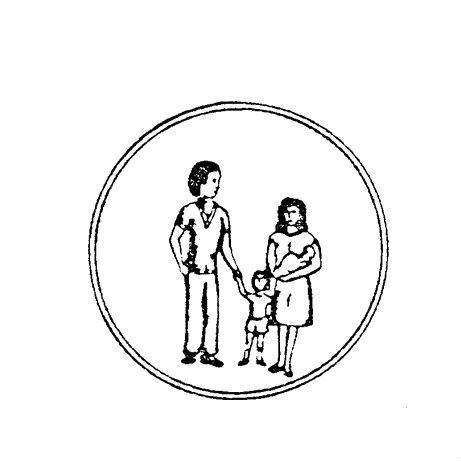

| 31 March 2016
Korean Family Planning & Maternal Child Health Association of DPRK
The Democratic People’s Republic of Korea (DPRK): Family Health Association of Korea (FHAK) formerly Korean Family Planning & Maternal and Child Health Association (KFP&MCHA) was established in 1990. Family Health Association of Korea is actively supported by the government to diversify family planning services and to improve their quality. One of the major challenges is geographic inequality. 80% of the country’s land mass is mountainous, with mining constituting a major industry. Large numbers of people live in this area, working in coal and mineral mines and forest stations. Fertility rates are much higher than in large urban areas, the contraceptive prevalence rate is much lower, and the number of trained family planning advisers is limited. FHAK has targeted these people with reproductive healthcare and information, education and communication (IEC) programmes. Contraceptive prevalence has increased, and the method mix has shifted significantly from IUD to pills, condoms and sterilization. In 2010, FHAKdelivered 538,000 condoms and 138,000 sexual and reproductive health services through 17 service points, including 9 permanent clinics and 8 mobile facilities. The Democratic People’s Republic of Korea (DPRK): Family Health Association of Korea (FHAK) is actively supported by the government to diversify family planning services and to improve their quality. One of the major challenges is geographic inequality. 80% of the country’s land mass is mountainous, with mining constituting a major industry. Large numbers of people live in this area, working in coal and mineral mines and forest stations. Fertility rates are much higher than in large urban areas, the contraceptive prevalence rate is much lower, and the number of trained family planning advisers is limited. FHAK has targeted these people with reproductive healthcare and information, education and communication (IEC) programmes. Contraceptive prevalence has increased, and the method mix has shifted significantly from IUD to pills, condoms and sterilization. In 2010, FHAK delivered 538,000 condoms and 138,000 sexual and reproductive health services through 17 service points, including 9 permanent clinics and 8 mobile facilities.

| 31 March 2016
Dominica Planned Parenthood Association
Founded in 1976, the Dominica Planned Parenthood Association (DPPA) focused on providing information and education to support the government’s clinical service delivery programme in its early years. It began delivering contraceptive services in response to the significant contraceptive needs of Dominicans (particularly among teenagers), and the staffing constraints of the government programme. As a result, people could be sure of at least one inexpensive, private outlet where their family planning needs could be fully met. DPPA’s clinic is located the centre of the capital city and provides a range of services including family planning, pregnancy tests, family counselling and PAP smear screening. There’s an established community outreach programme which provides family planning through volunteers and shop owners, and an extensive programme of information and education activities. These include distributing pamphlets and posters, broadcasting short talks about family planning on radio and television and conducting community discussions. The negative effects of Dominca’s high adolescent pregnancy rate are aggravated by local practices that force pregnant girls to drop out of school permanently. To reach young people, DPPA provides sexuality and life skills education in secondary schools and to adolescents outside the school system through rap sessions, lectures, discussions and films. DPPA has also established an Under 20 Club, a teen group that trains its members as peer educators. BFLA is an associate of an umbrella organization known as the Caribbean Family Planning Affiliation Ltd (CFPA). The Caribbean Family Planning Affiliation (CFPA) is the only regional non-governmental organization (NGO) devoted to family planning and sexual and reproductive health in the Caribbean. CFPA serves 13 island Member Associations and 5 Associate Member Associations in the Caribbean, Central and South America. It supports these Associations with technical assistance and materials, and represents their collective interests at IPPF meetings and in the Caribbean region among governments and NGOs. CFPA Member Associations are located in Anguilla, Antigua, Aruba, Bahamas, Bermuda, Curacao, Dominica, Grenada, Guadeloupe, Martinique, Nevis and St. Kitts, St. Lucia and St. Vincent. CFPA Associate Member Associations are located in Belize, Barbados, Guyana, Jamaica, Suriname, and Trinidad and Tobago. The CFPA does not offer any clinical services or distribute family planning methods to clients, but rather focuses its work on governance and institution-building among its Member Associations. The CFPA oversees, manages and analyses core grants to 7 Caribbean Member Associations. The CFPA also submits project proposals for donor funding on behalf of the Associations. DPPA's Facebook page: https://www.facebook.com/Dominica-Planned-Parenthood-Association-154855487890859/







